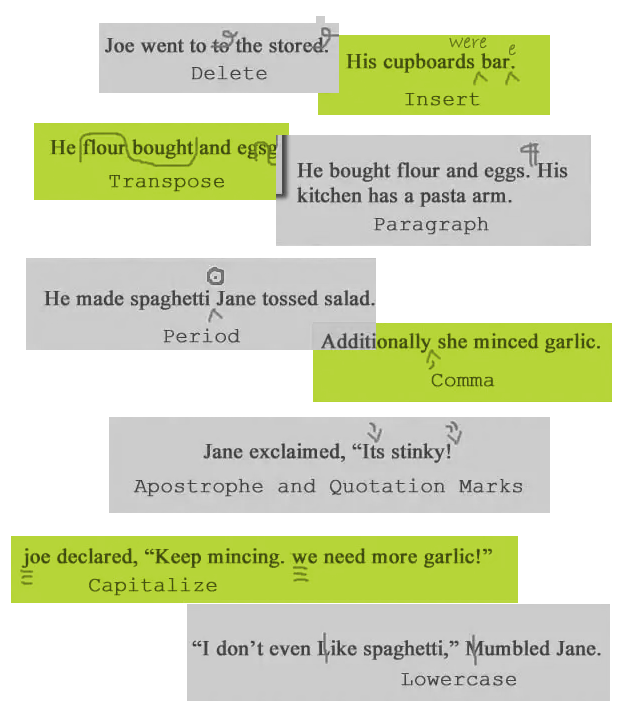Program Changes, Course Edits
After acceptance, new issues will be placed in the team's work queue and prioritized against other existing programs and stakeholders, and new projects.
Changes to existing tracks and courses - Email orrs.train@msu.edu. The process for evaluating value, impacts and criteria for prioritization of work is discussed at ICT Track Structure & Change Policy.
LMS Configuration change requests- Email orrs.train@msu.edu
- Significant requests are tracked in Jira.itservices.msu.edu under component LMS Support
It is easy to agree in principle that training content needs regular review for accuracy. It is also known that updates to style and pedagogy for refresher training are keep learners engaged and attentive over time. If your training materials have not been significantly reviewed and revised within 3 years, they are overdue. This is true whether for instructor-led class or on-demand course.
If your unit developed the course or you have purchased or licensed a course through a vendor, reach out to that development group for edits. Discuss the trade-offs between creating a new course, re-using/overwriting an existing course, equivalencies between courses and other options with the Ability team.
-
Request Changes to Existing Course (ORRS units)
If your course was designed and developed or its files recently updated by the ORRS team, contact orrs.train@msu.edu for assistance with editing. EHS courses must start with that unit's prioritization process.
Edit, Update, or Redesign?Typically, a redesign is much faster than a new course project. However, if there has been significant time passed since the original course was created, a redesign could take significant investment (e.g. the original training plan was not rigorously evaluated and designed, if there have been significant changes to the entire program several new subjects identified, if several new audiences are now covered, if significant changes to job process or equipment, if there is a clear need for more adaptively and interactivity to meet job needs). We also know that some small edits and seemingly simple updates can increase the degradation of a course's design and delay needed improvements. Work with your development team for the best solution.
Submit Requests
EHS staff must also submit the EHS New Training Request Form for all training requests (new trainings, major changes to current trainings, minor changes to current trainings, etc.
Contact orrs.train@msu.edu for both types of work. Include any time constraints and the subject-expert if it isn't yourself.
- For quick edits, the work will be scheduled.
- For training due for a redesign, you'll be contacted by the training development team for a meeting to evaluate the extent of work required. Typically, the work will be significant enough in importance to be prioritized against other course development projects including new course projects.
Reviewer Management
The course owner (requestor of the changes and subject expert) is responsible for sitting down with all prospective reviewers, gathering and compiling feedback into a cohesive set of instructions for the course instructional designer or a course editor.
Any proposed changes are naturally considered from the lens of effective learning. Does the new content present the right information, in the right place, in the right amount, in the right way to effectively transfer the skill, knowledge or attitude desired to meet the course objectives and the organizational goals?
Follow-up Questions/Suggestions
Any proposed changes are naturally considered from the lens of effective learning. Does the new content present the right information, in the right place, in the right amount, in the right way to effectively transfer the skill, knowledge or attitude desired to meet the course objectives and the organizational goals? Refrain from tacking in content that duplicates information provided or is only intended for some minor audiences. Refrain from tacking in content that would better fit in a poster, periodic email reminder, or meeting. Refrain from tacking in content as a way to overcome problems of individual performance or which is seen in a specific unit or lab. Other tools are better suited to address the performance gap.
-
Text Edits
Please be as explicit as possible in communicating your edits to avoid follow-up questions and delays. Try to be clear on where in the course the screen is located.You can use the Windows Snipping Tool or Snag-It software to get screenshots and add comments to the course slide. You can request a digital printout of a current course (PDF or depending on the current software used, a Word file may be possible). Generally, there are fewer chances for typos to be introduced if you send the exact wording by email. You can request a meeting to go through the necessary edits, including a Teams screensharing. Use the method that works best for you and your developer which may include a few different ways to get the changes completed.
- PDF comments can be added using Adobe Acrobat - https://helpx.adobe.com/acrobat/using/commenting-pdfs.html
- Hardcopy of the text editing benefits from clear mark-up in-line and add substantive comments or re-phrasing in the columns.


